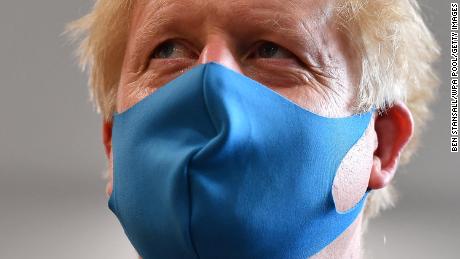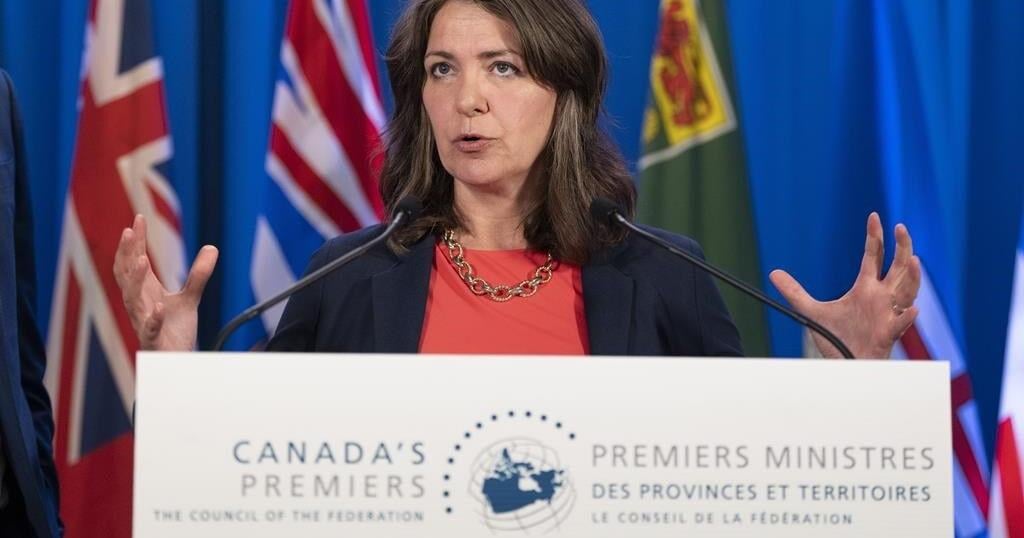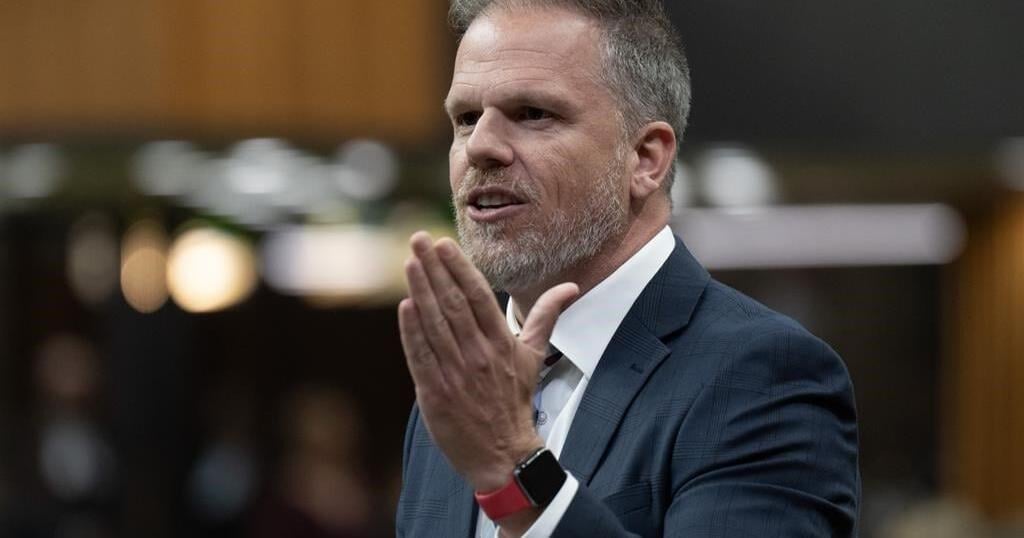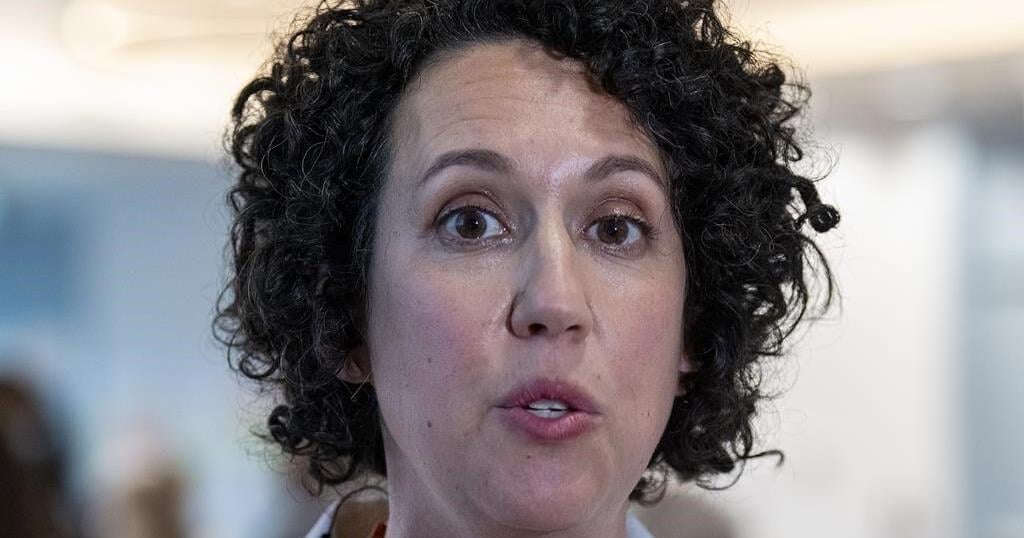Now Johnson’s plans appear ruined. He’d wanted to use his personal enthusiasm for Brexit to instil a fresh sense of optimism that the UK’s future was brighter outside the European Union. Free from the Brussels bureaucracy, Johnson’s government vowed to address the UK’s socio-economic imbalance that in some sense led to Brexit by “leveling up” deprived areas. He would also seek to strengthen
the bond between the four nations of the UK, which had been stretched to near-breaking point amid the bitterness following the 2016 referendum. In short, the man who led the campaign that caused so much division was on a charm offensive to heal the country.
However, 10 months on, his government is short on resources and losing good will. Johnson’s opponents point to numerous errors made early in the pandemic over testing and confusing messaging over lockdowns, the highest death count in Europe and worst recession of any major economy as evidence of his failures. Worse, members of his own party fear that his lack of attention to detail and instinct for combative politics is causing a shift in the PM’s public perception: From affable optimist to incompetent bully who is hopelessly out of his depth. And they worry what long-term damage this might do both to Johnson’s personal mission and the brand of the Conservative party writ large.
One former Conservative cabinet minister and colleague of Johnson, who declined to be named, agreed with this analysis. “To deal with a crisis like this, you need public confidence and you need different bits of the state working together as effectively as possible,” the politician said. “Instead, they have managed to enrage the leadership in Scotland and Wales while picking largely pointless fights with mayors of major cities where Conservatives historically don’t do well. It’s a very strange way of going about uniting the country.”
Over the past week, Johnson has been in
a protracted and public spat with the Labour Mayor of Greater Manchester, Andy Burnham. Johnson wanted the city to enter the UK’s highest tier of Covid restrictions. Burnham didn’t want this to happen without more financial support from the central government. The whole thing ended in a complete mess, as Johnson’s government didn’t make clear after talks collapsed that the money deemed insufficient by Burnham was still on the table. This led to a televised press conference in which Burnham supposedly found out live on air that the government had withdrawn their offer of £60 million ($78 million) for the city, instead only offering £22 million.
The government claims the whole thing was a set up by Burnham and in fact the minister responsible had talked with him before the press conference.
A government minister told CNN that there is “zero evidence that the PM picked a fight with Burnham,” adding that a central government “naturally has to balance economic and public health issues while local politicians have a much narrower focus,” implying Burnham was playing politics with Johnson.
However, worryingly for Johnson, his personal approval ratings and trust in his government have plummeted sufficiently since the crisis that the truth doesn’t entirely matter.
“When you look at Boris’s personal brand you see dramatic drop-offs in people who think he is likeable and trustworthy since the start of the pandemic. He now lags behind Keir Starmer (leader of the opposition Labour party) on almost all of those metrics,” says Chris Curtis, Political Research Manager at pollster YouGov.
This dip in trust is particularly toxic for Johnson when you combine it with the reputation Conservatives have in parts of the country that historically vote Labour and Johnson was able to pick up seats in last December’s election — the so-called Red Wall.
This reputation was not helped when Johnson found himself in
round two of a fight with popular Manchester United footballer Marcus Rashford over providing meals for the poorest children during the Christmas holidays this year. On Wednesday night, Johnson directed his party to vote against the proposal.
“People will remember in six or 12 months that the government didn’t seem to care if children went hungry over Christmas during an economic crisis. It costs relatively little to fund compared to other government spending this year,” says Lauren McEvatt, former special adviser to a previous Conservative administration. “It feeds into a narrative which still exists that Conservatives ultimately don’t care as much about poor people.”
What’s perplexed many observers over the Rashford affair is that Johnson had to U-turn earlier this year on exactly the same matter for summer holidays. “This government is like that GIF where Sideshow Bob keeps stepping on the same rakes and whacking himself in the face,” says Rob Ford, professor of politics at the University of Manchester.
All of which only goes to reopen the question of government competence. “From the start, this government set out to hyper-centralize everything from a small team in Downing Street in order to have a tight grip on the Johnson project,” says a senior Conservative lawmaker. “That means a small group of people are making decisions in areas they might not be experts. That’s hard enough at the best of times, but during a crisis which affects the whole country and is constantly changing, it’s virtually impossible.”
The lawmaker goes on to explain that he thinks they “rely too much on focus groups” in order to appeal to public opinion. “The trouble is, focus groups don’t have much foresight. Something might be very popular one day but six months down the line look like a massive mistake. Normal practice in government is to find the right policy and sell it to the public, not the other way around.”
Numerous current and former Downing Street insiders told CNN that while it was true this government did run a lot of focus groups and deemed them to be very important, opinion was divided on their precise influence over policy making. Some said that decisions were made on the basis of focus groups; some said they helped shape how the government would sell policy to the public; some claimed it had led to major policy U-turns, including over Rashford’s summer campaign. A government official denied this claim.
Whatever the truth, it is hard to deny that Johnson’s credibility has taken a significant hit this year. Many point to a scandal surrounding his most senior adviser, Dominic Cummings, as the worst moment of the year. Cummings, having displayed symptoms for Covid, decided to drive hundreds of miles from his home in London when government advice clearly stated that he should self-isolate. Cummings claimed that he did so to provide childcare for his young son.
“They could have killed that story in 48 hours if they said he was desperately worried about his baby and now realizes it was wrong,” says the former cabinet minister. Instead, Cummings gave a bizarre press conference where he defended not only his initial trip, but a further outing in his car which he claimed to merely be testing his eyesight. “The refusal to show any kind of contrition led to a big change of mood. That episode symbolizes what has been wrong about the approach,” the former minister adds.
Whether that’s fair or not, it’s certainly possible to argue the case that the
Cummings scandal had three key ingredients: Cock-up; lack of apology; aggressive response. It is also possible to superimpose this playbook onto both the responses to Burnham and Rashford. In the case of the latter, Johnson was not helped by members of his own party implying that some poor parents are feckless and not interested in feeding their children and that children have always gone hungry anyway.
All of this leaves Johnson vulnerable to those who want to paint him as a mean-spirited bully running a shambolic government. “Fairly or unfairly, it does play to the stereotype of Conservatives as not interested in the poor and not interested in the north. This, unfortunately, does really damage his agenda for leveling up, cementing the red wall and defending the union,” says the former minister.
It’s worth pointing out that as things stand, Johnson’s party is still ahead in the polls. A government minister puts this down to the fact that despite all the headlines, Johnson’s real actions present an alternative narrative that voters understand. “If you move away from Covid, all the big announcements we have made are focused on investments in skills, and we didn’t go for austerity 2.0 despite massive pressure. All of these things suggest that leveling up is still the PM’s top priority,” the minister said.
However, despite those polls, Johnson only won his majority last December and that lead has been slipping. And as the crisis continues, many of his previous supporters are increasingly skeptical that Boris Johnson was ever really the man to unite a country divided by political chaos for which he was largely responsible.































